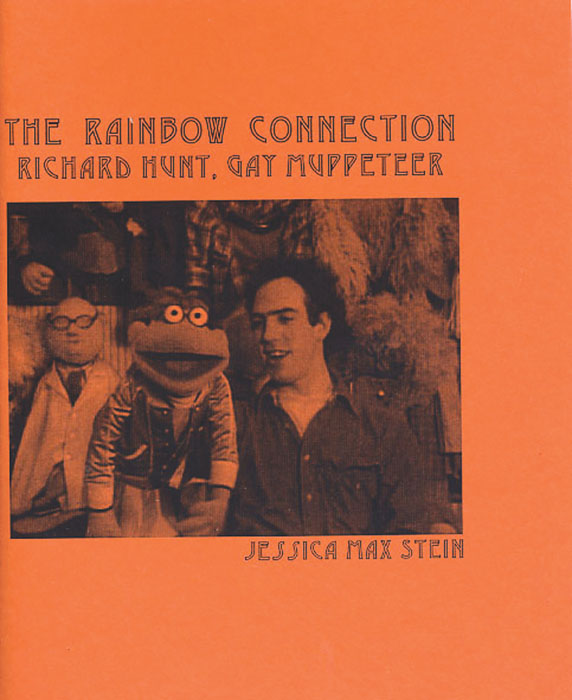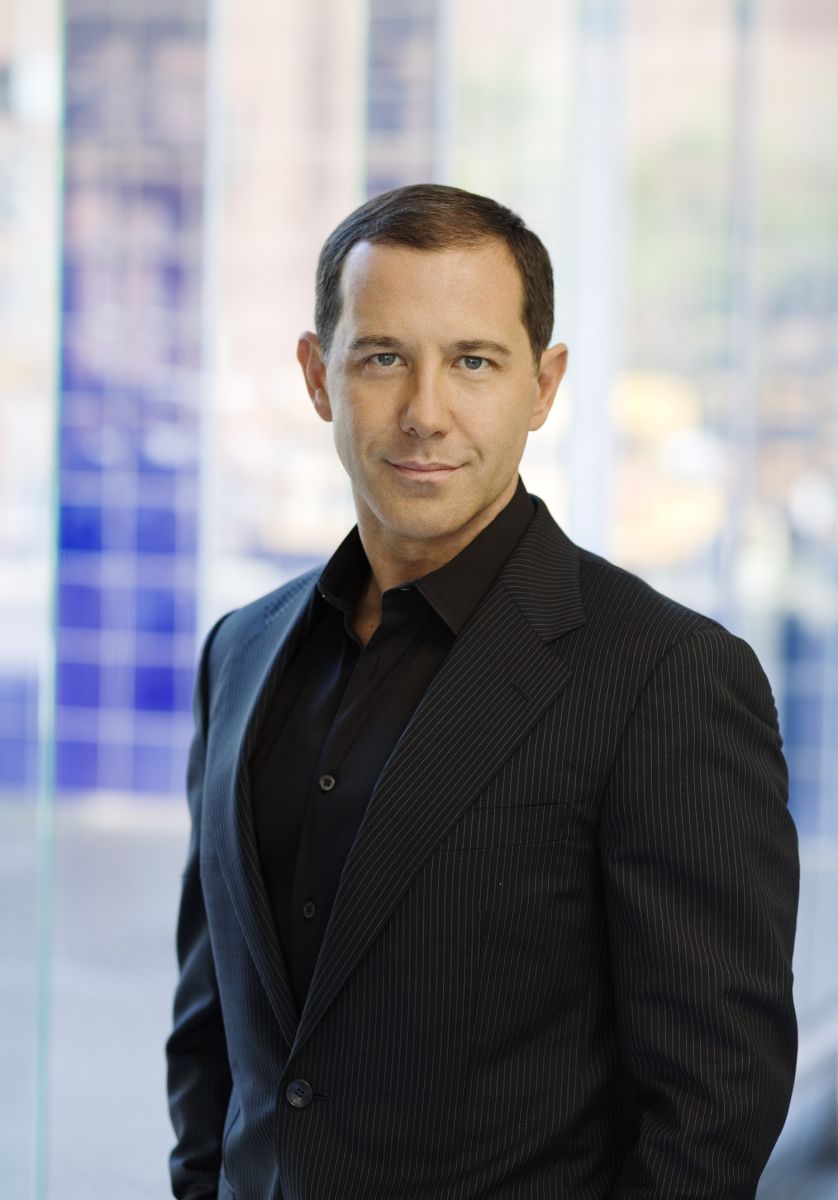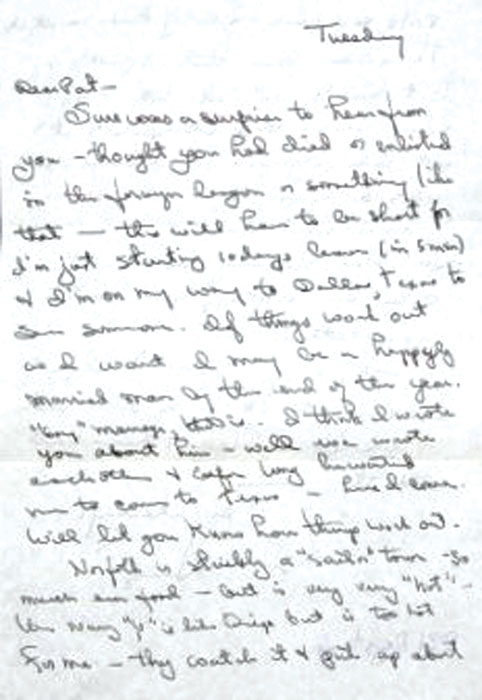“A generation has grown up absorbing Richard’s art, and I have to believe that every one of them is a smarter, funnier, stronger, sillier, more generous person because of him.”

In June, Gender JUST, a local LGBTQA grassroots organization, organized a safe and affirming education community forum spotlighting Chicago Public Schools and the specific needs of LGBTQ students. At that meeting, the group secured a promise from CPS CEO Ron Huberman that he would meet with the group within 60 days. [Full disclosure: This reporter is also a member of Gender JUST.]
Joe Solmonese, executive director of Human Rights Campaign (HRC) , frequently finds himself in the eye of the LGBT political storm. In recent years, criticism of the nation’s largest gay organization has increased, whether for what many described as the betrayal over the Employment Non-Discrimination Act (ENDA) or its rumored agnosticism over “Don’t Ask, Don’t Tell” (DADT). The organization recently unveiled a nationwide campaign, No Excuses, which aims to empower LGBTs everywhere to talk to their members of Congress about the issues facing them. Solmonese talked to Windy City Times over the phone about the campaign, and about a range of legislative and political issues.

The history of queer life is captured on the margins of mainstream media, by gay newspapers like this one. Free weeklies like the Windy City Times have a tangible presence in the communities they serve, distributed through curbside boxes and wire racks. But another kind of more ephemeral queer record, the queerzine, has a history and impact of its own, and this was in evidence during the Chicago leg of the Queer Zinester Roadshow.
In recent years, the ex-gay movement has been making claims that it is possible to convert gays and lesbians to heterosexuality. Those claims may be somewhat dulled now that the American Psychological Association (APA) has published a resolution explicitly stating that mental health professionals should avoid telling clients that they can change their sexual orientation through therapy or other treatments.
The annual LGBTI Health Summit was held at the Chicago Hilton and Towers, 720 S. Michigan, August 14-18, and the five-day international event kicked off with an entire day devoted to the issues and needs of bisexuals. According to the organizers, this is only the second event with a focus on bisexuality and health, the first being the Bi Health Summit at the 2003 North American Conference on Bisexuality in San Diego.
With the release of a movie based on his life, Harvey Milk’s life and work have gained a new significance in the public eye. Milk was the first openly gay member of the San Francisco Board of Supervisors, and served for 11 months before being assassinated by Dan White in 1978. While there is considerable material about his life in San Francisco, relatively little is known about his early years. On July 28, Leslie Hindman Auctioneers, 1338 W. Lake, will offer two signed letters from Milk that provide a glimpse into his thoughts and life in that time period.

Over the weekend of May 15-17, 24 people gathered in a hotel room at the Dallas/Fort Worth airport to discuss the next steps for the LGBT movement. They emerged with a set of eight points that they called the Dallas Principles. These include statements like, “separate is never equal” and “the establishment and guardianship of full civil rights is a non-partisan issue.” In addition, the group emerged with a list of “Full Civil Rights Goals,” which includes “Dignity and Equality,” and a “Call to Action.” Windy City Times spoke separately to two of the authors, Juan Ahonen-Jover and Jon Winkleman, about how the document came about and where they see it going.